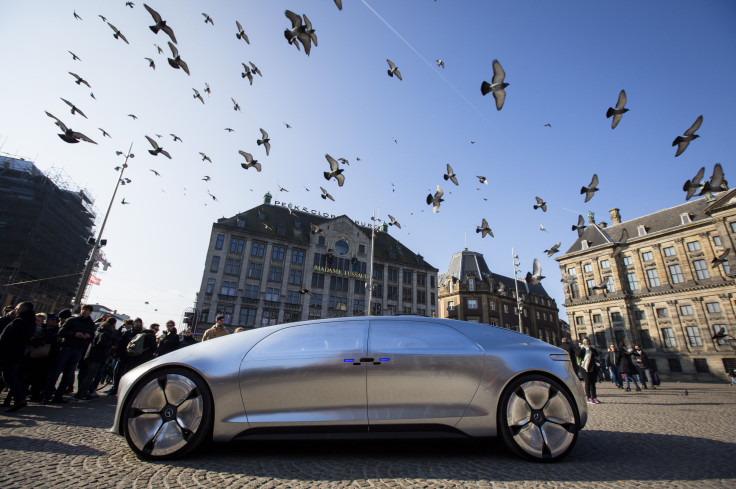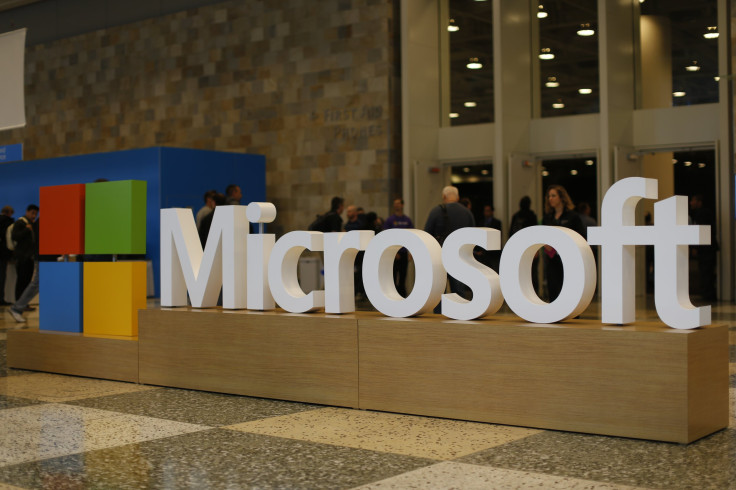Microsoft Is Not Making A Self-Driving Car But Wants To Enable Others To Build Autonomous Vehicles

Finally, a big tech company that isn't making a driverless car.
It seems like every week brings reports of yet another tech company working on autonomous cars or hinting they might be doing so, which is why it's refreshing to hear Microsoft categorically ruling itself out of the race.
While companies like Ford, Toyota and General Motors are all working hard to build their own driverless-car technology, they are facing competition not only from the traditional car industry but also from the tech industry. Google, Tesla and Faraday Future are all looking to disrupt the car industry, with Apple widely expected to join them in the coming years.
Microsoft, however, won't be competing on this level. “We won’t be building our own autonomous vehicle,” Peggy Johnson, who heads business development for Microsoft, said at the Wall Street Journal's Convergence conference in Hong Kong on Friday — though she added “we would like to enable autonomous vehicles and assisted driving as well.”
Johnson spoke about the ability to use Cortana, Microsoft's voice-activated personal assistant, which is available on its desktop and mobile software, in the car, besides leveraging products like the company's Azure cloud computing network, Office 365 suite of apps as well as Windows to improve passengers' experiences.

Johnson revealed that following a big push at the Consumer Electronics Show in Las Vegas in January, the company has held talks with “about seven or eight different automakers and tier one vendors to the auto community” as it seeks to push its cloud and software products to become part of the driverless car revolution.
Johnson confirmed that it may be possible for automakers to partner with Microsoft to create a Windows-based operating system for the increasingly tech-focused cars we will see in the coming years, though it will face stiff competition from Google in this area, with the search giant pouring a huge amount of resources into its own self-driving cars.
However, given Microsoft's expertise in, and dominance of, the desktop environment, it could have a huge advantage if people turn their cars into moving offices. “You’re sitting in the car for many, many minutes a day," Johnson said. "Can that be part of your new office, can it be your new desk, a place where you actually get work done? We believe it can. Each of [the automakers] had a little something different that they wanted.”
On Wednesday, Tesla CEO Elon Musk said he believed fully autonomous vehicles would be ready in two years' time, but that it would take at least another year for regulators to catch up with advances in technology.
© Copyright IBTimes 2025. All rights reserved.





















